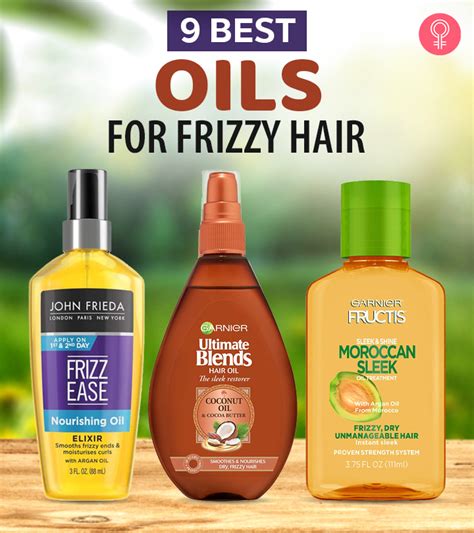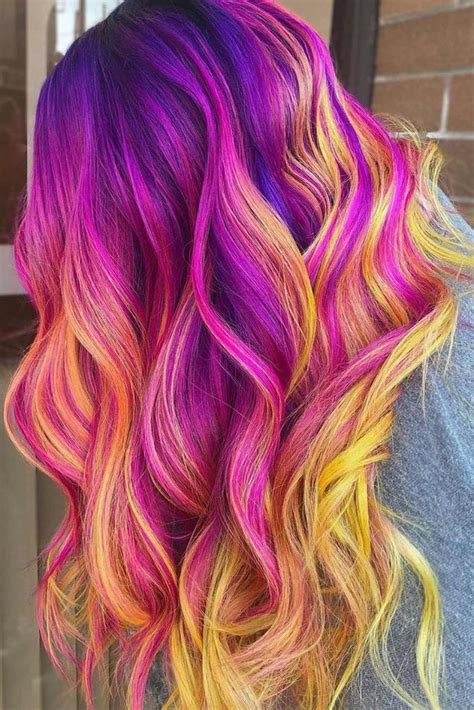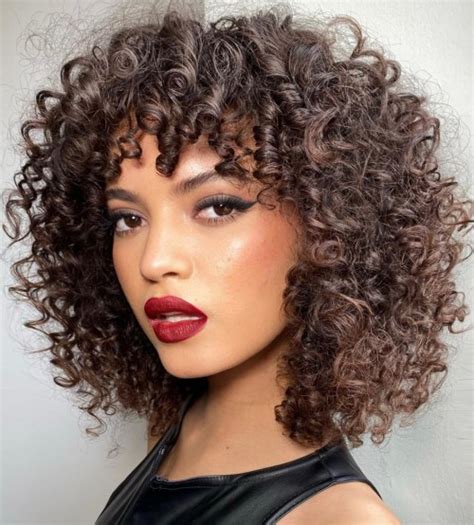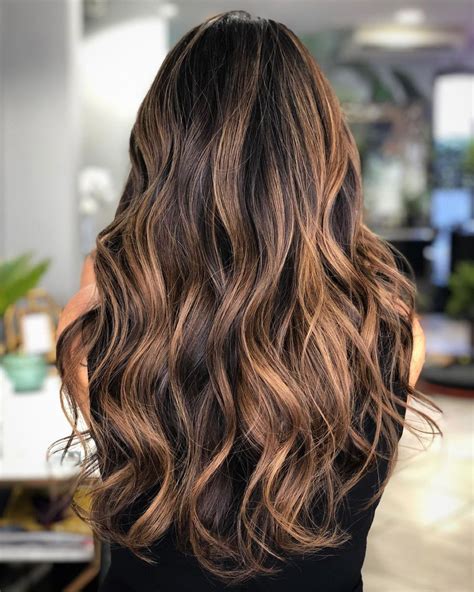Discover the benefits of using different types of hair oils and learn how to choose and apply the right one for your hair type effectively.
Understanding Hair Oils
Contents
Hair oils have been used for centuries to promote healthy hair and scalp. They are a natural way to nourish and condition the hair, and there are many different types to choose from. One of the key benefits of using hair oils is that they can help to prevent damage and breakage, as well as improve the overall health of the hair. By understanding the different types of hair oils available and their unique properties, you can choose the best one for your hair type.
There are various types of hair oils available, including coconut oil, argan oil, jojoba oil, and many others. Each type of oil has its own unique properties and benefits for the hair. For example, coconut oil is known for its nourishing and moisturizing properties, while argan oil is great for adding shine and luster to the hair. Jojoba oil is a lightweight oil that is easily absorbed by the hair and scalp, making it a great option for those with oily or fine hair.
When it comes to choosing the right hair oil for your hair type, it’s important to consider your specific needs and concerns. For example, if you have dry or damaged hair, you may want to choose a rich and nourishing oil like coconut or olive oil. If you have fine or oily hair, you may want to opt for a lighter oil such as argan or jojoba oil. It’s also important to consider any allergies or sensitivities you may have to certain types of oils.
Applying hair oils effectively is also important for seeing the best results. It’s best to apply hair oil to damp hair, as this allows the oil to penetrate the hair shaft more effectively. You can also warm the oil slightly before applying it to help it spread more easily. Massage the oil into your scalp and through the lengths of your hair, and leave it on for at least 30 minutes before washing it out.
Benefits of Using Hair Oils
There are numerous benefits of using hair oils as part of your hair care routine. Firstly, using hair oils can help to nourish and moisturize the hair, keeping it healthy and preventing dryness and breakage. Hair oils are also known for their ability to improve the overall condition of the hair, making it look shinier and feel smoother. Additionally, certain hair oils contain essential vitamins and nutrients that can promote hair growth and prevent hair loss, making them an excellent choice for those looking to achieve longer, thicker hair.
Another key benefit of using hair oils is their ability to protect the hair from environmental damage, such as sun exposure and pollution. By forming a protective barrier around the hair shaft, hair oils can help to shield the hair from harmful UV rays and free radicals, keeping it looking vibrant and healthy. Furthermore, using hair oils can also aid in the detangling and manageability of the hair, making it easier to style and less prone to frizz or static.
In addition to these benefits, certain hair oils are specially formulated to address specific hair concerns, such as dandruff, scalp irritation, or color-treated hair. These targeted hair oils can help to alleviate these issues and promote a healthier scalp and hair. Lastly, the soothing and calming properties of many hair oils can also provide a relaxing and therapeutic experience, making them a great addition to your self-care routine.
Overall, the benefits of using hair oils are numerous and can have a significant impact on the health and appearance of your hair. With their ability to nourish, protect, and improve the condition of the hair, hair oils are a valuable addition to any hair care routine.
Different Types of Hair Oils
When it comes to choosing the right hair oil for your hair type, it’s important to understand the different types of hair oils available in the market. While some hair oils are more suitable for dry and damaged hair, others are better for oily or normal hair.
One of the most common types of hair oil is coconut oil, which is known for its deep conditioning and moisturizing properties. It is particularly beneficial for dry and frizzy hair, as it helps to restore shine and smoothness. On the other hand, argan oil is another popular choice, especially for those with fine or oily hair, as it is lightweight and non-greasy.
In addition to these, jojoba oil is a great option for those with a sensitive scalp, as it helps to soothe irritation and reduce inflammation. For those with chemically treated or colored hair, olive oil can be a good choice as it helps to prevent color fading and damage caused by chemical treatments.
Furthermore, almond oil is a versatile hair oil that can be used on all hair types, as it helps to nourish and strengthen the hair, while castor oil is often recommended for promoting hair growth and reducing hair fall. Lastly, avocado oil is rich in vitamins and nutrients, making it suitable for damaged and brittle hair.
Choosing the Right Hair Oil for Your Hair Type
When it comes to choosing the right hair oil for your hair type, it’s important to consider the specific needs of your hair. Different hair types require different types of hair oil, so understanding your own hair type is the first step in finding the perfect hair oil for your locks.
For fine and oily hair, lighter oils such as jojoba or grapeseed oil are best, as they won’t weigh down the hair or make it look greasy. These oils are easily absorbed and can help to nourish the hair without adding extra weight.
Thicker, coarser hair types may benefit from heavier oils such as coconut or argan oil. These oils provide intense moisture and can help to tame frizz and add shine to thicker hair textures.
If you have dry, damaged hair, look for oils that are known for their reparative properties, such as olive or almond oil. These oils can help to restore moisture and repair damage, leaving your hair looking and feeling healthier.
Certain hair conditions, such as dandruff or scalp irritation, may also require specific types of hair oil. Tea tree oil, for example, is known for its anti-inflammatory and antifungal properties, making it a great choice for those with scalp issues.
Tips for Applying Hair Oils Effectively
Using hair oils can be a great way to nourish and protect your hair, but it is important to apply them correctly to get the best results. One of the most important tips for applying hair oils effectively is to make sure that your hair is clean and free of any product buildup. This will allow the oil to penetrate the hair shaft and provide maximum nourishment.
Another important tip is to use the right amount of oil. Using too much can make your hair look greasy and weigh it down, while using too little may not provide enough nourishment. It is important to find the right balance for your hair type and length.
When applying the oil, it is best to start at the ends of your hair and work your way up to the roots. This will help to prevent your roots from becoming greasy while still providing nourishment to the ends, which are often the most damaged part of the hair.
It is also important to evenly distribute the oil throughout your hair. This can be done by using a wide-toothed comb or your fingers to gently comb the oil through your hair. This will ensure that all of your hair receives the benefits of the oil.
Finally, it is important to give the oil time to work before washing it out. Leaving the oil in overnight can provide maximum nourishment, but if you don’t have that much time, leaving it in for at least 30 minutes before washing it out will still provide benefits to your hair.











